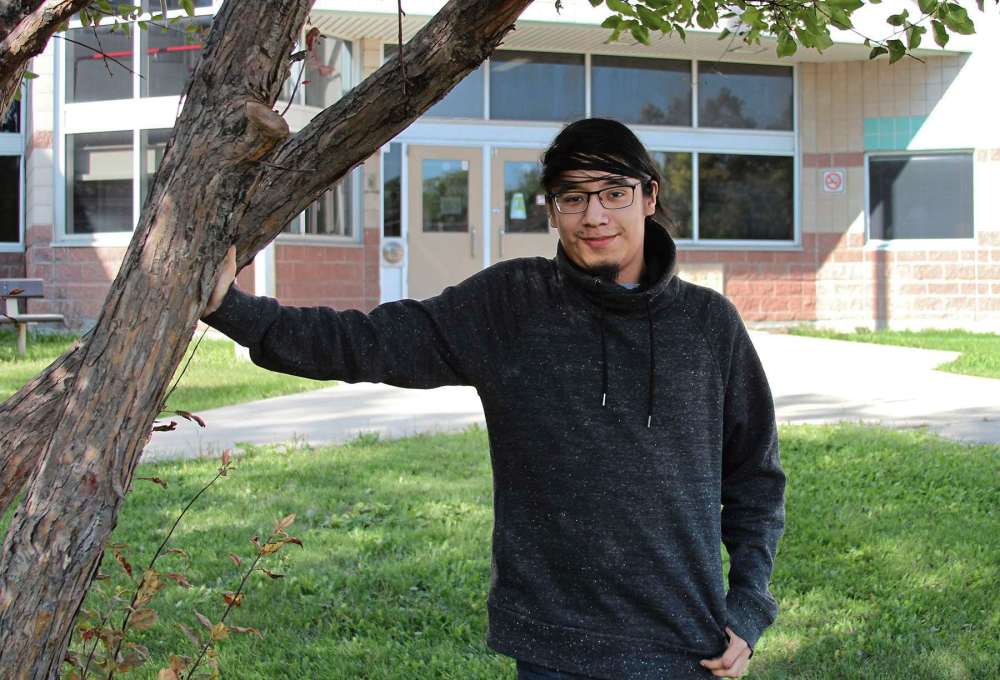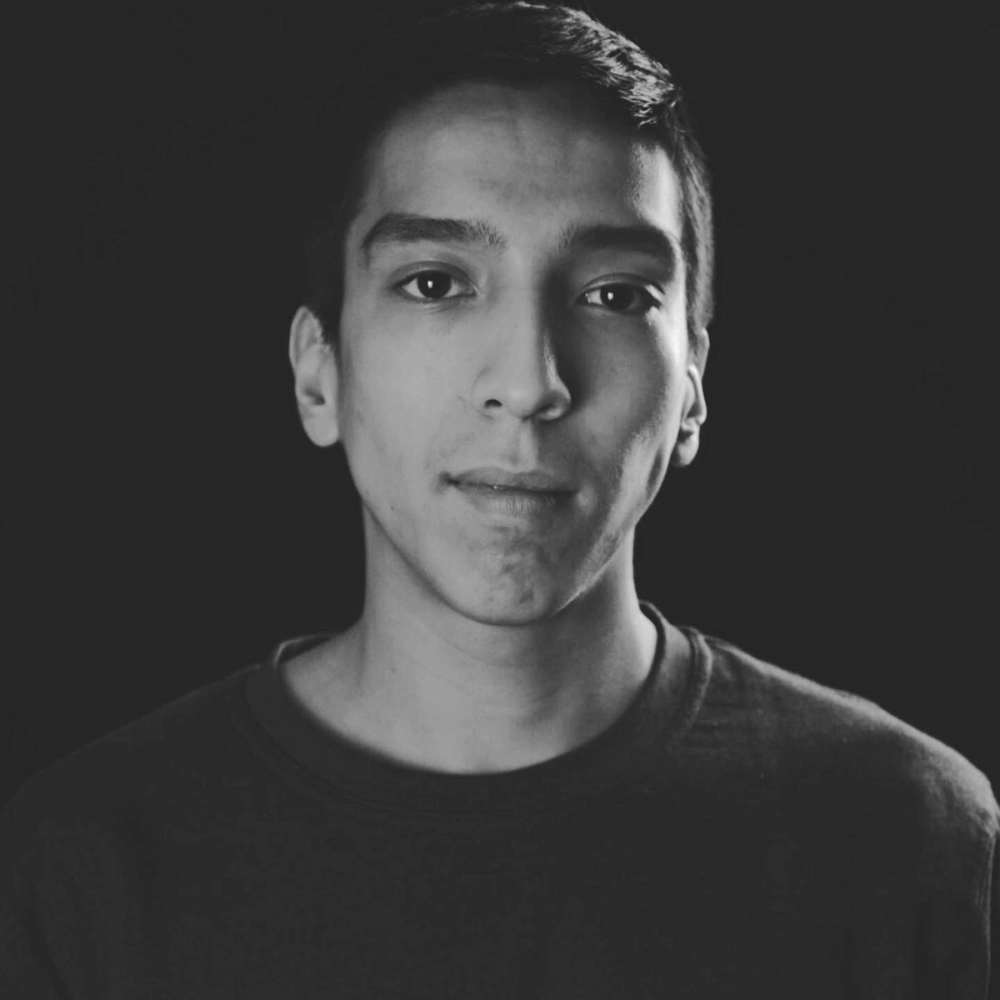Local filmmakers begin national training program
Advertisement
Hey there, time traveller!
This article was published 14/09/2020 (1899 days ago), so information in it may no longer be current.
Two local filmmakers are among nine individuals selected for the 2020 CBC New Indigenous Voices training program.
Nathaniel Magbanua, a North End resident, and Kyler Harper, of Point Douglas, are aspiring filmmakers who will take part in the 14-week paid program, which aims to accelerate the careers of Indigenous creators in Canada.
The program began Sept. 8 and is taking place online this year due to the COVID-19 pandemic. This year’s class includes six Winnipeg filmmakers and three others from British Columbia, Saskatchewan, and Alberta.

Magbanua, 22, was born and raised in Winnipeg and is a member of Swan Lake First Nation. He is entering his second year of filmmaking studies in the University of Winnipeg’s bachelor of arts program, after graduating from Herzing College for videography and broadcasting.
Magbanua, who also works part-time as a cinematographer and editor for StrongFront.tv, a Winnipeg-based video production company that focuses on Indigenous storytelling, said his passion for filmmaking began with photography.
“I’ve always had an interest in cameras,” Magbanua told The Times. And over time, his interest in movies has flourished.
“Ever since I was kid I loved the art of movies,” he said. “They allow you to feel different emotions and experiences that people are able to tell through their stories and that’s what I hope to do eventually.”
With 1980s thriller movies as his muse, he described his filmmaking style as comedic with a touch of dark horror. But Magbanua said he also draws from his personal experiences.
Last year, his mom passed away after struggling with addiction — a result of intergenerational trauma, caused by the effects of residential schools, which his mom’s parents and grandparents attended, and the Indian Act, he said.
“It carries over. It’s a ripple effect along the generations of children,” he said. “I really like to tell stories about that and how that affects us, and probably touch base on how we can move forward.”
“That’s why I chose the art of filmmaking, because I’d like to get this particular story out there.”
Originally from St. Theresa Point, Harper is a 22-year-old freelance creator working with CEDA Pathways, a community-based education program located on Selkirk Avenue.
Acting with Manitoba Theatre for Young People ignited Harper’s passion for filmmaking, and over the years he has completed Winnipeg Film Group classes and the Indigenous Youth Mentorship Program — an initiative by Video Pool media arts centre and CEDA Pathways.
Now, Harper enjoys producing content using platforms like Twitch.tv, a website that allows creators to interact and broadcast live.

“I mainly want to become a streamer for that kind of concept, it’s like a different form of entertainment,” Harper said. “I kind of want to be a jack of all trades between genres, but I want to really focus on romance and fantasy and drama,” he said.
“Basically I want to make people feel feelings, like anger, sadness, happy, excited, love. I want to connect with the audience through my work.”
Learning more about story and character development from the training program is what Harper is looking forward to the most, he explained.
“The story development will surely help me because learning character growth — I can also apply that to myself, like real-life me.”
CBC New Indigenous Voices is presented by the National Screen Institute – Canada.
“Created with the same knowledge and sensitivity to cultural traditions that have been the foundation of this program for over 15 years, this year’s edition is also led by an entirely Indigenous team for the first time,” the NSI website states.
The first phase of the program will include workshops on Indigenous history, story development, directing, producing, and pitching, and the final phase will entail customized internships.
For the first time the program will offer podcast development and production. Typically, students are put in teams to produce short films, but due to COVID-19 concerns, students must produce a story using audio and create a short video to compliment their podcast.




